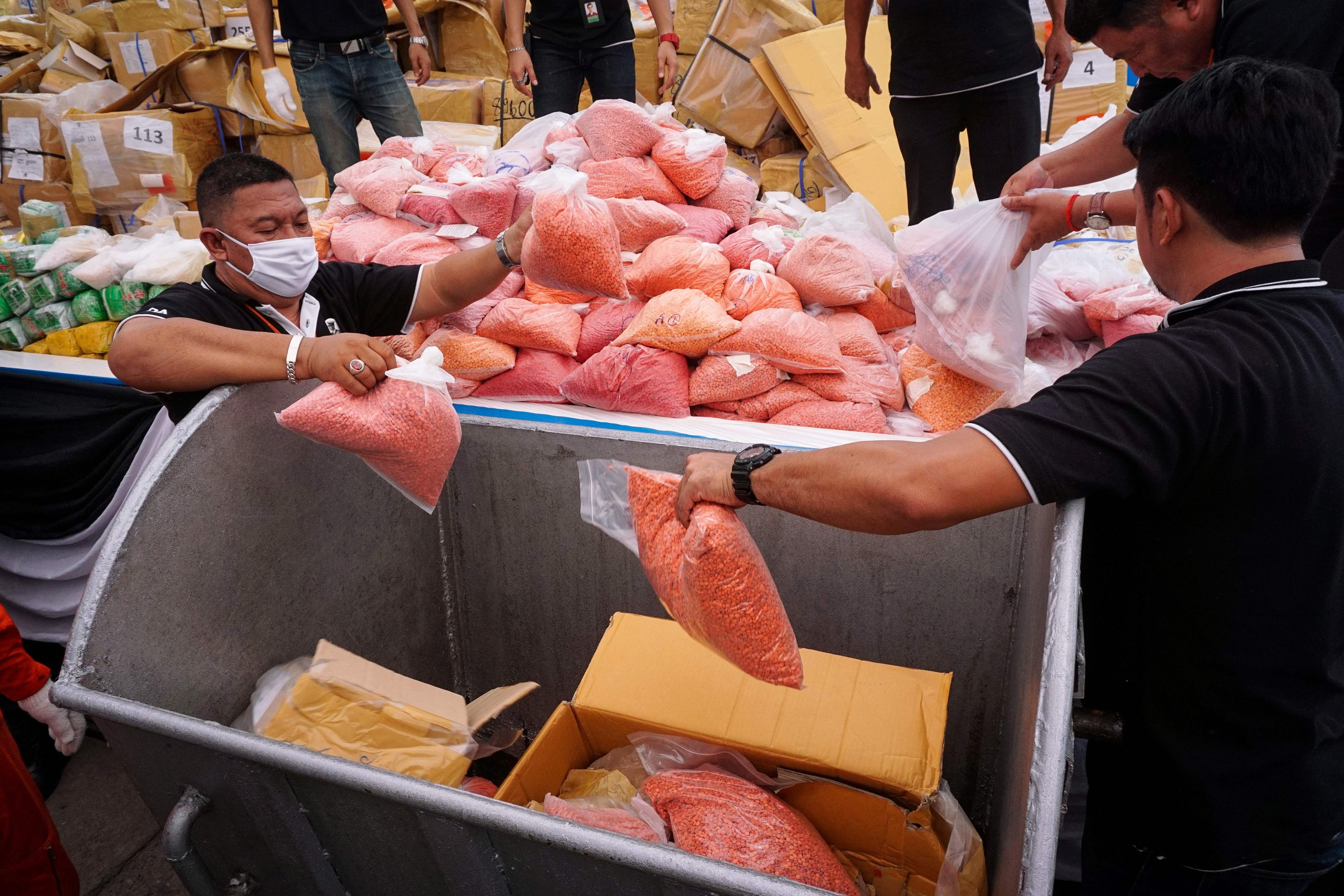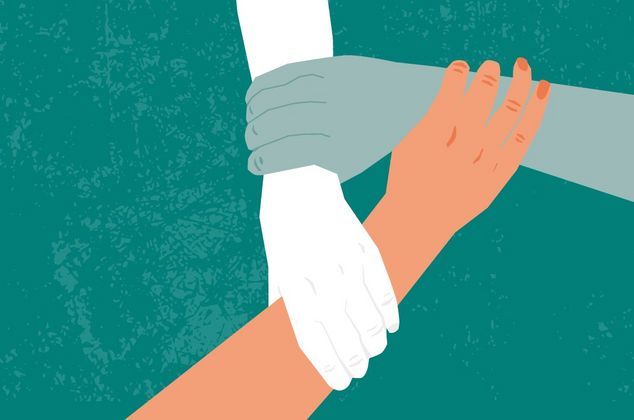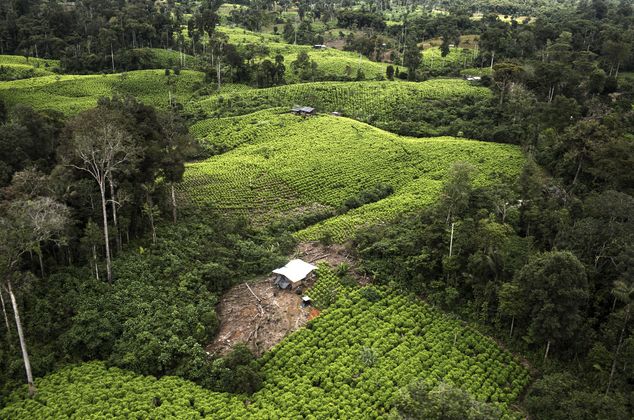Thailand

Increased focus on health-oriented drug policy
60 years ago, the border region between Thailand, Laos and Myanmar, also known as the Golden Triangle, was one of the main regions of global opium production. Successful development programmes pushed back opium poppy cultivation in Thailand to such an extent that the United Nations removed the country from the list of opium-producing countries in 2003. Today, the country is fighting a flood of synthetic drugs. Drug trafficking and consumption have been expanding for years. As this development poses an enormous public health challenge, Thailand is progressively orienting its drug policy towards health. The GPDPD supports this reorientation with a regular exchange of experts on harm reduction between Thailand and Germany.
Thailand is a transit country for the trafficking of methamphetamines in the Pacific region. According to the United Nations Office on Drugs and Crime (UNODC), the problem is serious. Due to its availability, the drug market in Southeast Asia has expanded greatly. Local drug use has been on the rise for years: According to a UNODC estimate, about 80 million people in Asia used illicit drugs in 2018 (UNODC, 2021).
In recent years, Thailand has made efforts to reform its drug policy. This includes the implementation of the Outcome Document of the United Nations General Assembly Special Session on the World Drug Problem (UNGASS) in 2016, aiming to further integrate health aspects into Thailand's drug policy, including the harm reduction approach.
The GPDPD supports Thailand's efforts in cooperation with the Office of the Narcotics Control Board (ONCB), which has been a close partner of German development cooperation for many years. Germany is one of the few countries worldwide with a broad range of harm reduction measures in place and decades of expertise. Against this background, the GPDPD regularly organises consultation activities with German experts in the field of addiction services who share their knowledge and experience in the field of prevention, treatment and harm reduction with Thai government and civil society representatives.
In addition, the GPDPD provides Thailand with materials in Thai, such as the S3 Guideline on the Treatment of Methamphetamine-related Disorders. Rather than viewing users as criminals, the guideline recognises drug addiction as a chronic disease and harm reduction as a health-oriented treatment approach. Thus, the S3 Guideline provides a tool for implementing drug policies that put people first.
Together with the Drug Control Authority of Thailand as well as the International Drug Policy Consortium (IDPC), the GPDPD is also working on a drug policy glossary in Thai. The use of the glossary promotes non-discriminatory language in Thai drug policy.


